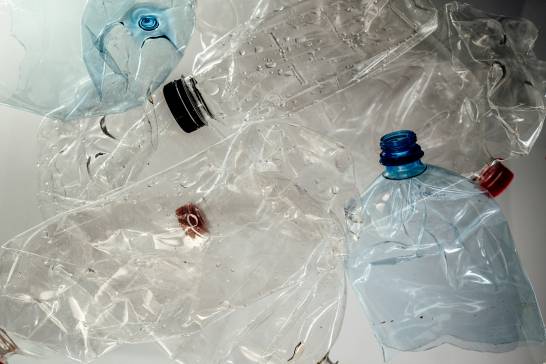Here’s the translation to American English:
Researchers at the University of Edinburgh have made an innovative discovery that promises to revolutionize the way acetaminophen is produced. The widely recognized bacterium Escherichia coli has demonstrated the ability to transform polyethylene terephthalate (PET) molecules, a common type of plastic, into acetaminophen. This finding, published in the journal Nature Chemistry, suggests a more sustainable and cleaner alternative to conventional production methods, which generate significant carbon emissions.
PET, found in water bottles and food packaging, contributes to the accumulation of over 350 million tons of waste annually, polluting both landfills and oceans. On the other hand, acetaminophen is traditionally produced from phenol, a derivative of fossil fuels that exacerbates climate change.
To conduct their research, the team modified E. coli so that it could convert terephthalic acid, derived from PET, into acetaminophen. Using a fermentation process similar to that used in beer production, they were able to accelerate this conversion of industrial waste in less than 24 hours, all at room temperature and with a significant reduction in carbon emissions.
The study highlights that by combining the modified E. coli with natural enzymes from soil microbes and fungi, they developed an efficient biological method that can convert plastic waste into acetaminophen with an impressive yield of 92%. Stephen Wallace, the study’s lead author, noted that they have discovered that a chemical reaction used for over a century in the industry can take place within living bacteria.
Although so far only small amounts of acetaminophen have been produced in the laboratory, this advance is a crucial step toward the possibility of large-scale production. However, Wallace warns that any application of the pain reliever in humans will require rigorous safety testing and approval from appropriate authorities, suggesting that the process could be lengthy. This work lays the groundwork for a more sustainable and responsible production of medicines in the future.
Source: MiMub in Spanish
